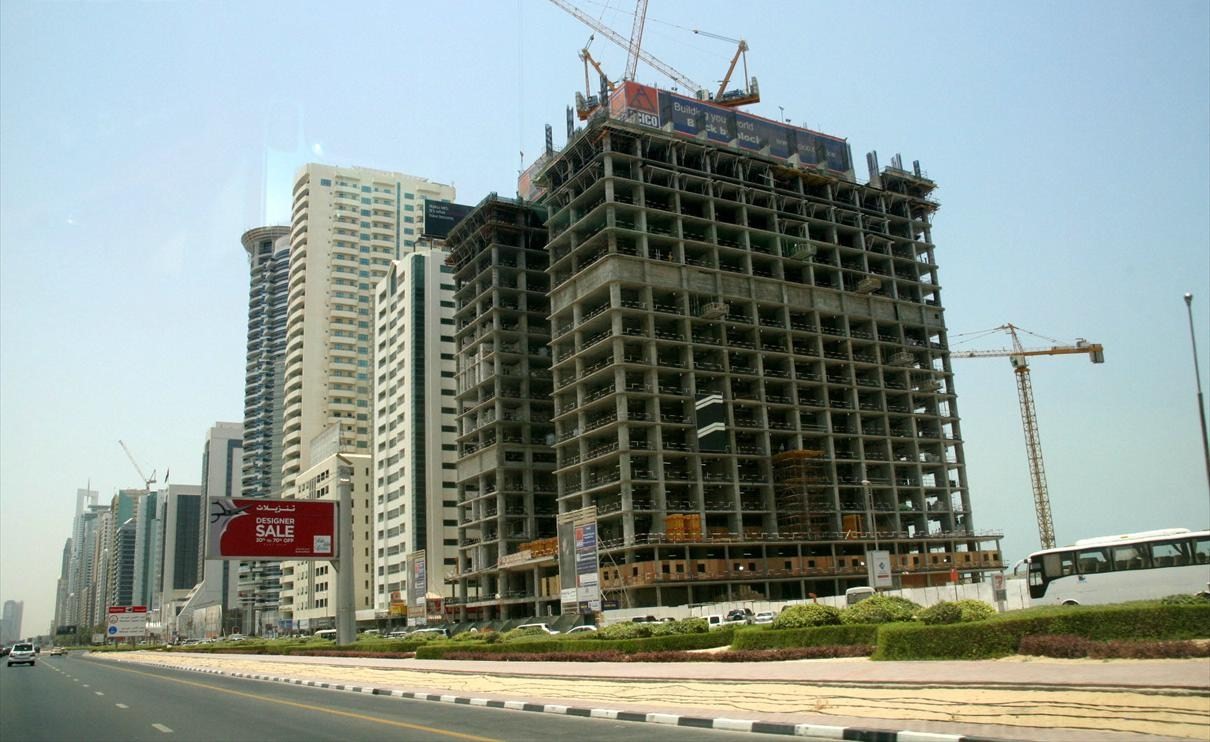Define/ what is civil engineering - uses scientific and engineering principles to design and construct the physical and natural built environment, including the structures like roads, airport, tunnels, etc.,
Details of civil engineering
- Considered as one of the oldest engineering disciplines, Civil Engineering involves planning, designing and executing structural works roads, buildings, multistory buildings, airports, tunnels, dams, bridges, and water supply and sewage systems.
- A civil engineer requires not only a high standard of engineering knowledge but also supervisory and administrative skills.
- The planning part of their work involves site investigation, feasibility studies, creating solutions to complications that may occur and the actual designing of structures. They have to work with the guidelines of the local government authority and get plans approved by the relevant authority.
- They must consider many factors in the design process - from the construction costs and expected lifetime of a project to government regulations and potential environmental hazards, such as earthquakes and hurricanes
- Civil engineering, encompasses many specialties are structural, water resources, construction, environmental, transportation, and geotechnical engineering, etc.,
Streams/Branches of civil engineering
The specializations in civil engineering includes the areas like

- Transportation Systems Engg.
- Geotechnical Engg.
- Structural Engg.
- Water Resources
- Remote Sensing
Skill requirement for civil engineers
- Sharp, analytical, practical as well as attentive mind.
- Excellent communication skills are another prerequisite.
- Willing to work in team or in coordination of others.
- Confident enough to work under pressure and be calm during crisis.
Career in civil engineering

- Construction sites are proliferating across the country, demanding more and more civil graduates.
- Fresh graduates can look for jobs in infrastructure projects, consultancy firms, quality testing laboratories, or housing societies.
- Major construction works of government projects, both state and central, in the railways, military, and highways need deft and dedicated civil engineers; various consultancy services too offer excellent avenues.
- According to experts, there is a high demand for experienced civil engineers in developed countries.
- Hundreds of civil engineers migrate from India to Canada, Australia, the Middle East, and other countries for better career prospects.
Followings are some of the employers in this field:
L&T, DLF, Tata projects, Gammon India, Hindustan construction company, Unitech, Shapoorji Pallonji &Co, Nagarjuna construction company, Punj Lloyd group, etc.,
On the Job

- Manage and direct staff members and the construction, operations, or maintenance activities at project site.
- Provide technical advice regarding design, construction, or program modifications and structural repairs to industrial and managerial personnel.
- Inspect project sites to monitor progress and ensure conformance to design specifications and safety or sanitation standards.
- Estimate quantities and cost of materials, equipment, or labor to determine project feasibility.
- Test soils and materials to determine the adequacy and strength of foundations, concrete, asphalt, or steel.
- Compute load and grade requirements, water flow rates, and material stress factors to determine design specifications.
- Plan and design transportation or hydraulic systems and structures, following construction and government standards, using design software and drawing tools.
- Analyze survey reports, maps, drawings, blueprints, aerial photography, and other topographical or geologic data to plan projects.
- Prepare or present public reports on topics such as bid proposals, deeds, environmental impact statements, or property and right-of-way descriptions.
- Direct or participate in surveying to lay out installations and establish reference points, grades, and elevations to guide construction.
- Conduct studies of traffic patterns or environmental conditions to identify engineering problems and assess the potential impact of projects.
Courses
Under Graduate
- BE Civil and Structural Engineering
- BE Civil Engineering
- BTech Civil Engineering
- BE Construction Engineering
- BE Transport Engineering
Postgraduate
- ME Civil Engineering
- ME Construction Engineering and Management

- MTech Civil Engineering
- MTech Computer Aided Structural Engineering
- MTech Construction Engineering and Management
- MTech Constructional Technology and Management
- MTech Geotechnical Engineering
- ME High Engineering
- ME Irrigation and Hydraulics
- ME Structural Engineering
- ME Urban Engineering
- M Tech Structural Engineering
- M Tech Transportation Engineering
- M Tech Hydraulics Engineering
- M Tech Structural and Construction Engineering
- PhD Civil Engineering
Diploma
- Diploma in Civil Engineering
- Postgraduate diploma in Construction and Infrastructure Project Management
Certificate Course
- Certificate Course in Building Design
- Certificate Course in Construction Supervisor
Colleges
Related Links |




